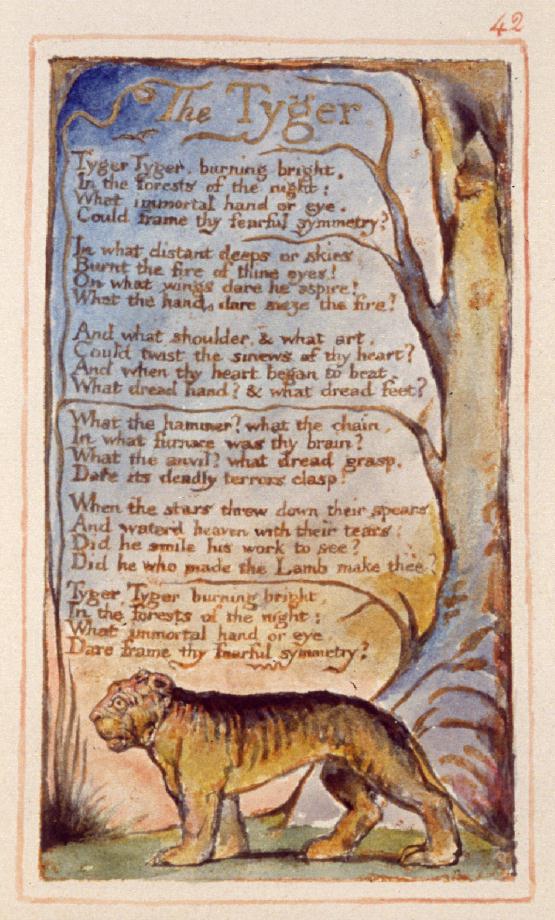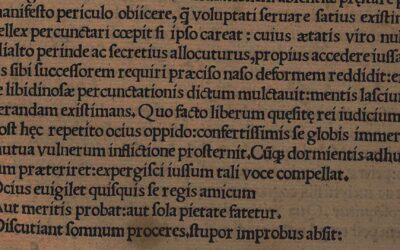To throw the spears, or hastas abicere in Latin, is an expression used by the Romans when you they done when you quit in defeat or gave up a contest.
The expression can be used when whatever it is you have done before defeats you and you give up. In English, you might say that you throw in the towel, or throw up the sponge.
Cicero’s Speech
In 62 B.C. Cicero held a defense speech for Lucius Licinius Murena who had recently been was elected consul of Rome. But before Murena could take office he was accused of bribery by Servius Sulpicius Rufus, who had been one of his competitors in the election.
Murena was defended by Marcus Licinius Crassus, Quintus Hortensius Hortalus, and Marcus Tullius Cicero himself.
Murena was acquitted of his crimes.

In his speech for Murena, Cicero explained to the court why his friend Servius, the accuser – for they truly were friends and had studied rhetoric together – was the weaker candidate to the consulship:
“‘Videsne tu illum tristem, demissum? iacet, diffidit, abiecit hastas.’ Serpit hic rumor. ‘Scis tu illum accusationem cogitare, inquirere in competitores, testis quaerere? Alium fac iam, quoniam sibi hic ipse desperat.’” - Mur. 45.2
i.e. “‘Do you see him sad and dejected? He’s down, he has given up, he has thrown away his weapons.’” The rumour spreads. ‘Do you know? He’s thinking of prosecuting, he’s investigating his fellow candidates, he’s looking for witnesses. Vote for another candidate; he has given up hope.’” (transl. Macdonald, 1976)
In the same speech, Cicero also uses one of the most famous lines in Roman history: Nemo saltat sobrius. You can learn more about that expression here.
Throwing Or Thrusting
There are different kinds of Roman spears, the hasta was a spear about 2 meters (6 ft. 7) in length and used both as a military weapon as well as in the gladiator arenas. The spear was used not for throwing but for thrusting.
I’ll say that again: A hasta is not to be thrown. It is to be thrust.
Throwing your hasta meant giving up.
(If you’re determined to throw a Roman spear — use the pilum.)
Spears For The Stars
The expression did not disappear into oblivion after the fall of the Roman Empire:

The English poet William Blake was no stranger to the Latin expression, Hastas abicere, or so one can suspect seeing that he didn’t use the English equivalent to the expression, but rather a literal translation of it in 2 of his poems:
In one of Blake’s most famous poems The Tyger, lines 17–20 reads:
When the stars threw down their spears,
And watered heaven with their tears,
Did he smile his work to see?
Did he who made the Lamb make thee?
William Blake, The Tyger, 17–20
Blake also used the phrase in his unfinished epic poem Vala or The four Zoas:
I went not forth: I hid myself in black clouds of my wrath;
I call’d the stars around my feet in the night of councils dark;
The stars threw down their spears and fled naked away.
We fell. I siez’d thee, dark Urthona. In my left hand falling.
The Tyger has been analyzed and pondered about without agreement for centuries, especially the lines quoted here with the throwing down of spears. In the second poem it is however quite clear that it is the same expression – Hastas abicere – with the same meaning; to give up. What we don’t know is whether or not Blake was using a ”Latinism” on purpose or not.
References
Cicero. In Catilinam 1–4. Pro Murena. Pro Sulla. Pro Flacco. Translated by C. Macdonald. Loeb Classical Library 324. Cambridge, MA: Harvard University Press, 1976.
















